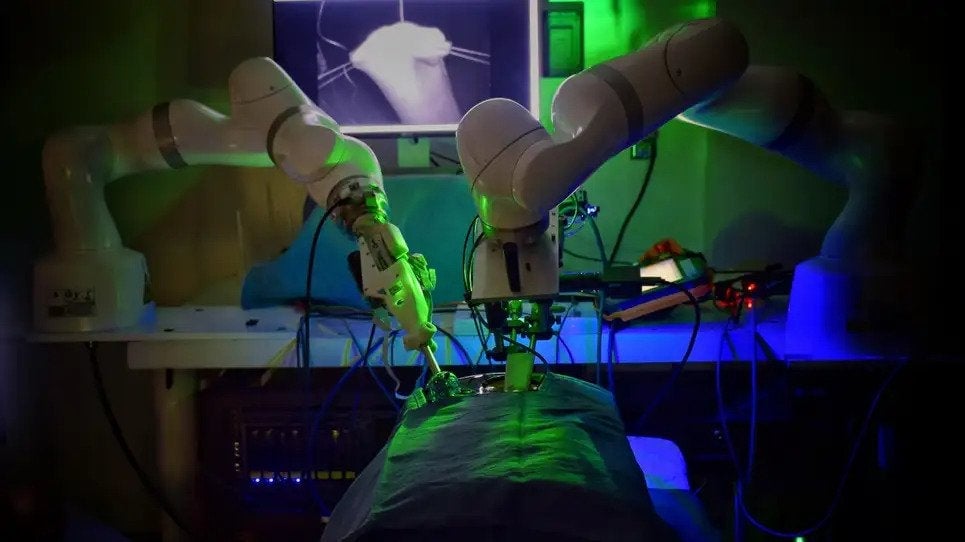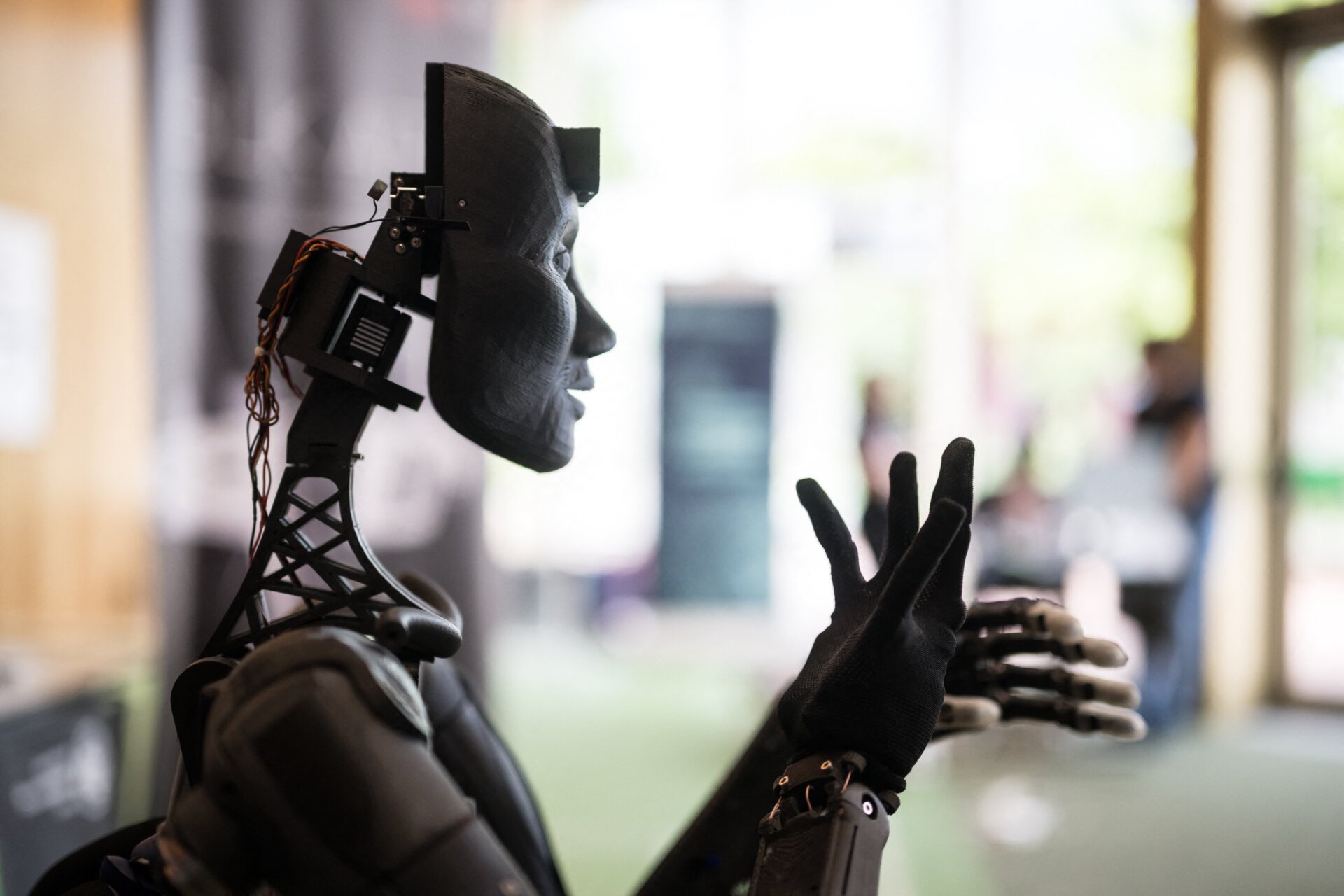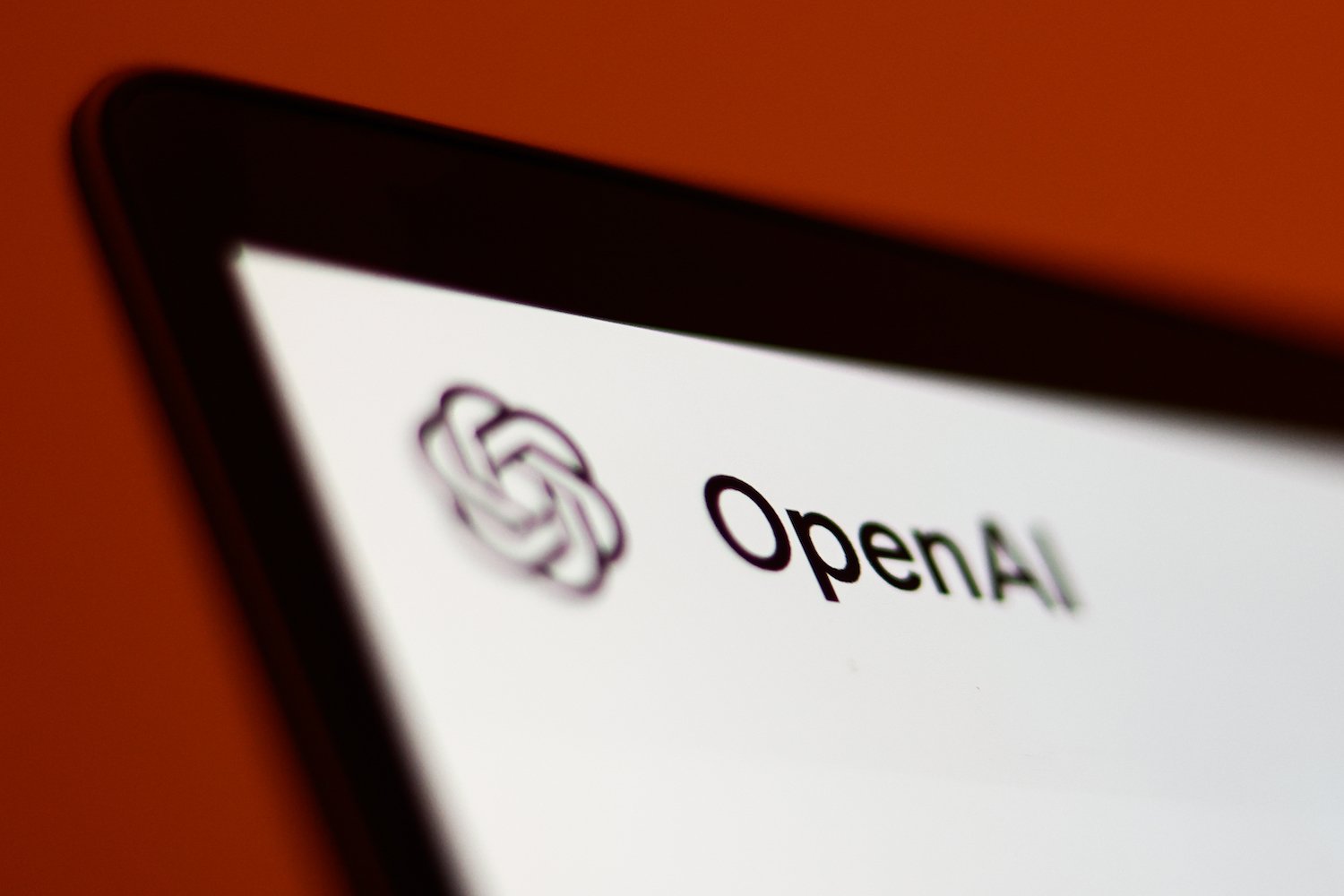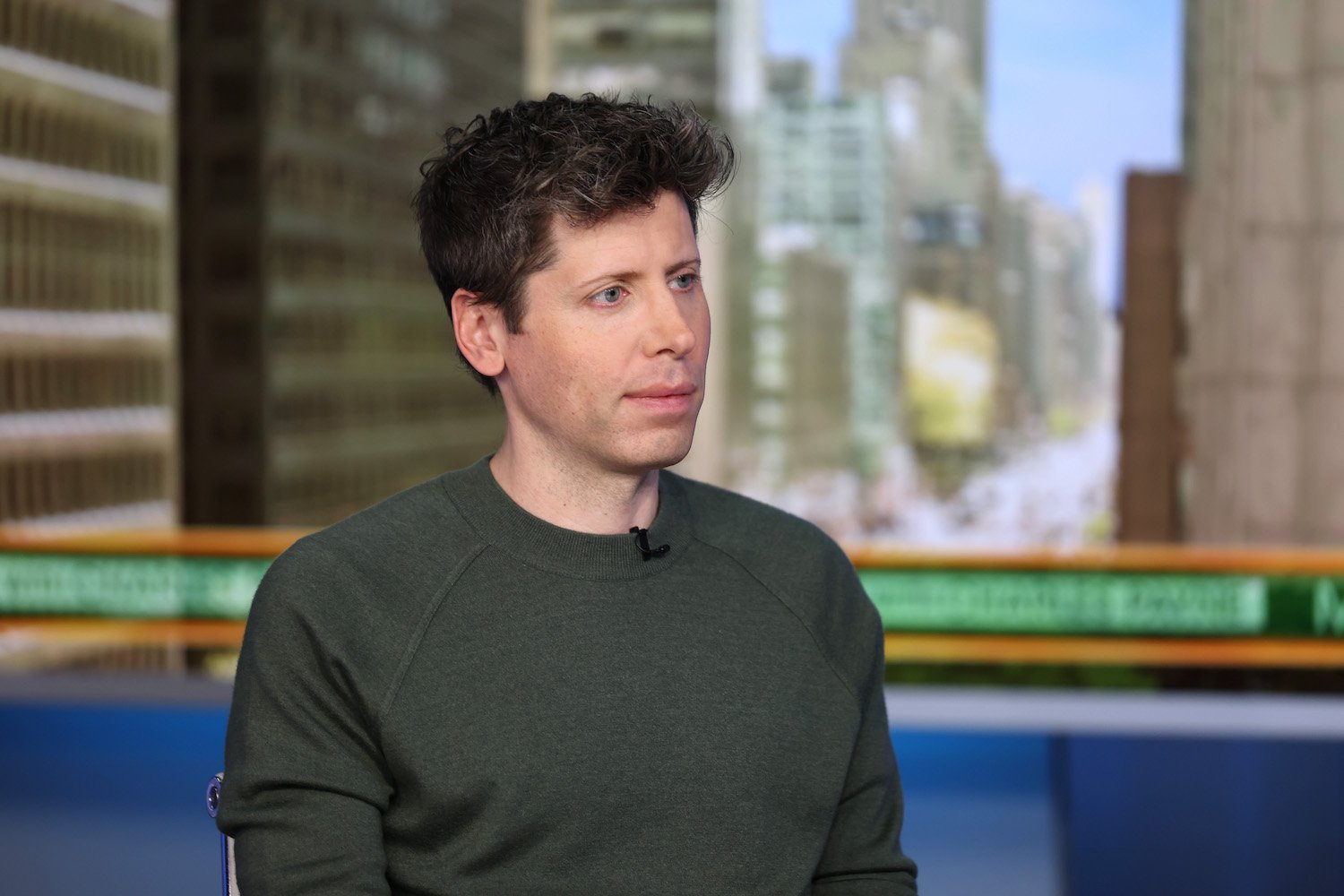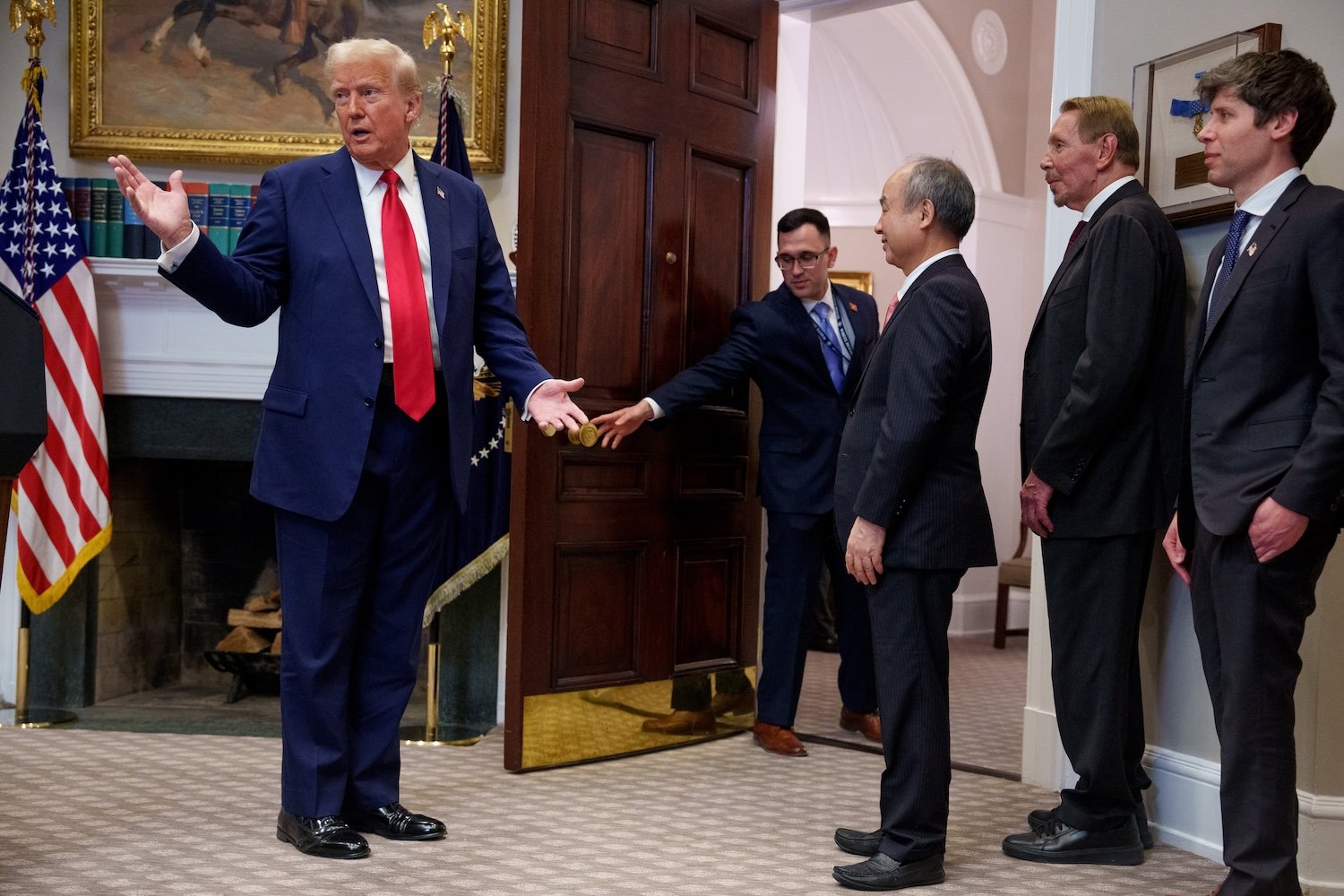Elon Musk, a prominent figure in the tech world, is deeply involved in the generative AI revolution. He’s not content to simply participate; he wants to dominate. This ambition is particularly evident in his ongoing struggle against OpenAI, a company he co-founded but now views as a rival to his own AI venture, xAI. This competition has led to a series of legal maneuvers and public criticisms, highlighting the high stakes of the AI landscape.
The heart of the conflict lies in OpenAI’s transition from a non-profit to a for-profit entity. Musk, an initial investor in the non-profit OpenAI, has challenged this shift, arguing that a significant portion of OpenAI’s stake should be sold in an open auction. According to a report in the Financial Times, Musk’s lawyers have contacted attorneys-general in both Delaware and California to pursue this action. He contends that such a sale would benefit the remaining non-profit subsidiary by providing substantial capital for its philanthropic endeavors in areas such as healthcare and education. However, it’s also clear that this move could potentially offer Musk an avenue to regain influence within OpenAI.
This legal tactic is just one part of Musk’s broader strategy to impede OpenAI’s for-profit transformation. He has filed lawsuits alleging that he was misled into investing in OpenAI under the premise that it would remain a non-profit dedicated to developing safe and accessible AI. He’s also criticized OpenAI for becoming “ClosedAI,” arguing that it has restricted access to its technology, contradicting its initial open-source intentions.
Furthermore, Musk contends that OpenAI’s conversion to a for-profit entity allowed it to achieve its current scale without paying taxes for years, providing an unfair advantage over competing for-profit AI startups like xAI. This resentment seems fueled by OpenAI’s rapid success following the launch of ChatGPT, a development that potentially exacerbated Musk’s existing disagreements with the company’s strategy, which led to his departure from OpenAI’s board in 2018. Shortly after, in 2023, Musk founded xAI.
While Musk’s motivations might appear self-serving given xAI’s direct competition with OpenAI, OpenAI’s actions also raise questions. Despite receiving substantial funding from Microsoft and others, launching subscription-based commercial products, and maintaining proprietary control over much of its technology, OpenAI’s adherence to the spirit of its original non-profit model is debatable. Meta, known for its open-source approach to AI models, and several other organizations, including a non-profit focused on AI safety, have joined Musk’s lawsuit, lending credence to his concerns.
If Musk succeeds in forcing OpenAI to remain a non-profit, the company’s ability to secure future funding for the ongoing AI race would be significantly hampered, as most investors seek a clear path to profitability. Meanwhile, Musk’s xAI, backed by billions of dollars in funding, is rapidly expanding its capabilities, including building a massive supercomputer cluster for model training. Musk’s ownership of X (formerly Twitter) further strengthens xAI’s position, allowing for deep integration of its chatbot with the social media platform.
Adding another layer of complexity, Musk’s potential influence within a future Trump administration could present further challenges for OpenAI. This influence could manifest through investigations or legislative maneuvering. Moreover, OpenAI faces other significant hurdles, including a growing distance from its primary backer, Microsoft, which is developing its own AI models. Ongoing legal battles with media outlets like the New York Times regarding copyright infringement allegations related to model training, and a recent personal lawsuit against CEO Sam Altman by his sister further complicate the situation.
In conclusion, the battle between Elon Musk and OpenAI underscores the complex and fiercely competitive landscape of the generative AI field. While Musk’s motivations may be intertwined with his own business interests, his actions highlight critical questions about OpenAI’s evolution and its adherence to its founding principles. The outcome of this ongoing struggle will undoubtedly shape the future trajectory of the AI industry.




